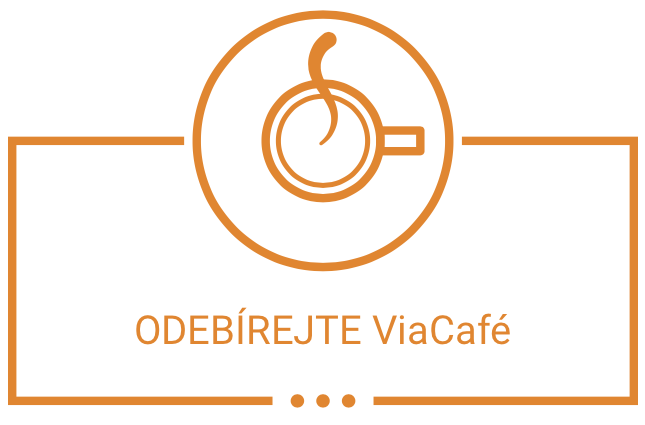How can we respond to the new divisions emerging in society? How can we address conflicts between neighbors in our communities?
A total of 18 people from seven non-profit organizations in Central and Eastern Europe came together in late September for a four-day inspirational meeting in Belgrade, Serbia. The meeting was part of our international program ViabilityNet 3.0 and gave the participants a chance to share experience from their community work in their respective countries.
At the core of the meeting was a multi-day workshop led by Aline Brachet, an expert practitioner in mediation and conflict sensitivity, an approach that analyzes conflict potential in projects. We looked at how this approach can be used in our program planning to reduce the potential for conflicts in the communities which we support. During the meeting we also visited Info Park, which is a NGO that helps refugees in Serbia, and our Serbian partner foundation TRAG, which gave us an inside look at the many varied projects and events it runs and at its new office.

What learning did we take home?
We learned that divisions in society exist in various forms in all of the participants’ countries: Serbia, Romania, Hungary, Poland and Slovakia. We learned that even though each country has its own specific history and context, we often face similar challenges. We learned that a fear of refugees is not isolated to the Czech Republic; it is present in all of the countries, even those which have not accepted barely any refugees. For many of us, it was the first time we saw refugees in person and that in Serbia, it is a problem that divides local residents. We learned that the Belgrade NGO helping refugees is not a ‘welcome wagon’ but a group of people who are simply and courageously responding to a situation which arose abruptly and to the failure of the state government to help refugees maintain at least some shred of self-dignity. We learned that in our Czech context, in contrast to Serbia, our community programs are impacted by ordinary events like municipal elections. And finally, we learned that divisions in society will, unfortunately, not go away in upcoming years, that it will be increasingly important to build trust and solidarity between people and that this is an issue we want to impact through our work.



